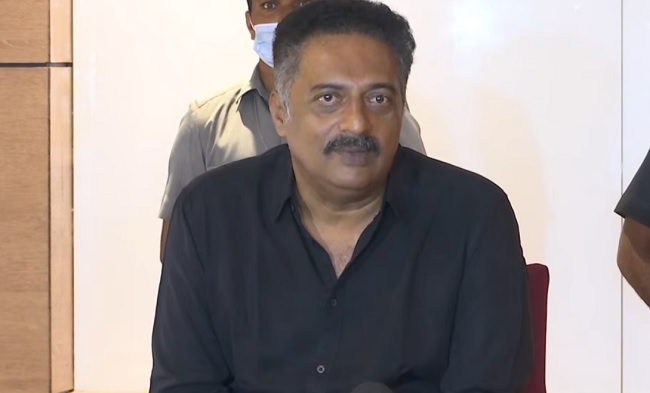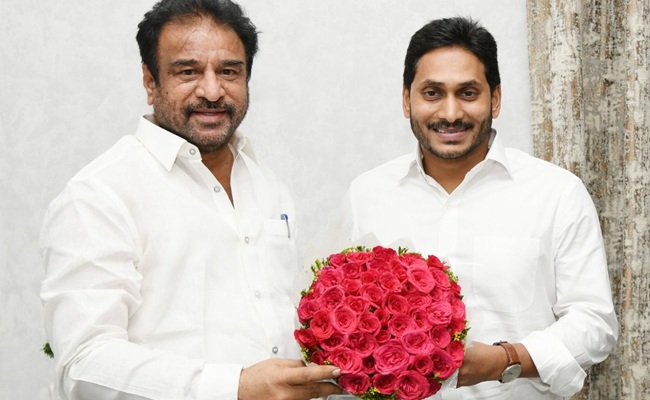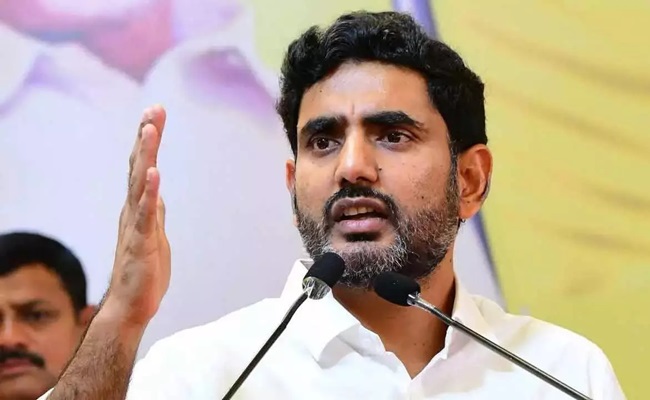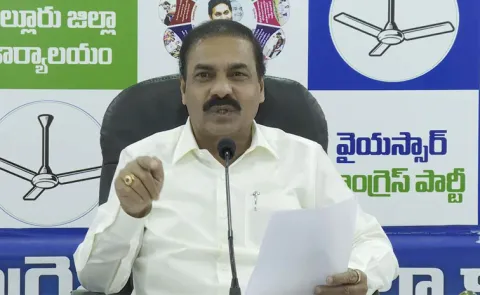The Indian political landscape is buzzing with speculation following the introduction of the 130th Constitutional Amendment Bill, which is seen as a strategic move by the National Democratic Alliance (NDA) to elevate Pawan Kalyan, the leader of the Jana Sena Party, to the position of Chief Minister of Andhra Pradesh. The bill, which mandates the automatic removal of the Prime Minister, chief ministers, and other ministers from their positions if they are detained for offenses punishable by five years or more for a consecutive period of 30 days, has ignited a fierce debate across the nation.
Introduced in the Lok Sabha earlier this week, this bill aims to strengthen the accountability of elected officials, ensuring that those who are unable to perform their duties due to legal troubles are swiftly removed from office. Proponents of the bill argue that it will foster a more responsible governance structure, where public officials are held accountable for their actions. However, critics are concerned that such a measure could be misused to undermine political opponents.
Political analysts believe that the timing of the bill is crucial, as it coincides with the NDA’s efforts to consolidate power in Andhra Pradesh. Pawan Kalyan, a popular actor-turned-politician, has been vocal about his ambitions in the state and has recently sought greater political influence. Observers note that the NDA’s push for this amendment could be a calculated move to position him favorably in the event that current Chief Minister Y.S. Jagan Mohan Reddy faces legal challenges.
The debate surrounding the bill has not only stirred political circles in Andhra Pradesh but has also resonated with the public, prompting discussions about the implications of such legislation on democracy. Activists and opposition leaders have raised concerns that the bill could lead to the arbitrary removal of elected officials, thus destabilizing the democratic process. They argue that safeguards should be in place to prevent misuse of this power, ensuring that it is not wielded for political gain.
In response to the backlash, NDA officials have defended the bill, asserting that it is essential for restoring public trust in governance. They emphasize that the amendment is not targeted at any individual but is a necessary step to ensure that leaders who are unable to serve their constituents due to incarceration are replaced swiftly, thereby maintaining the continuity of governance.
As the bill moves through the legislative process, all eyes will be on the reactions from various political factions and how it will ultimately shape the future of Andhra Pradesh’s leadership. With the next state elections on the horizon, the implications of this bill could be far-reaching, potentially altering the dynamics of power in the region.
As discussions heat up, the fate of the 130th Constitutional Amendment Bill remains uncertain. However, one thing is clear: the political maneuvering surrounding this legislation will undoubtedly influence the upcoming electoral landscape in Andhra Pradesh and beyond.



